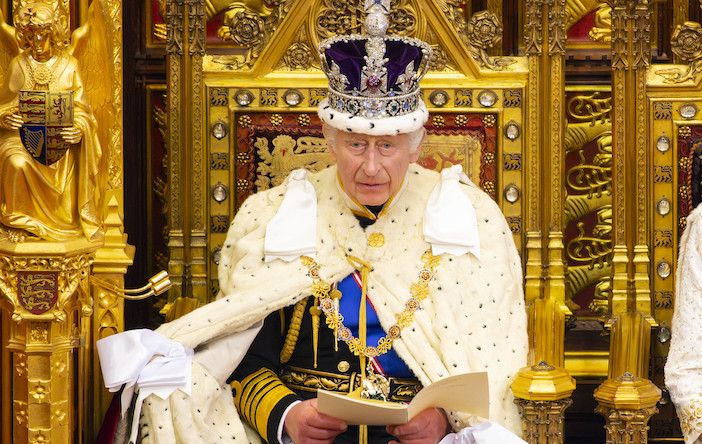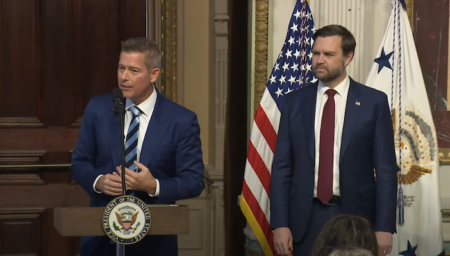The UK’s newly elected Labour government has unveiled its full legislative agenda in the King’s Speech today (July 17, 2024) drawing mixed reactions from the transportation sector.
The speech, delivered by King Charles III, focused on growth, security, fairness, and opportunity for all, introducing 40 bills and draft bills aimed at ‘rebuilding Britain’.
Several pieces of transportation-related legislation were announced, including the Planning and Infrastructure Bill, English Devolution Bill, Passenger Railway Services (Public Ownership) Bill, Better Buses Bill, Railways Bill, High Speed Rail (Crewe to Manchester) Bill, and Skills England Bill.

Sue Percy, chief executive of the Chartered Institution of Highways and Transportation (CIHT), welcomed the announcements. She said, “We hope these will begin to provide the certainty and a clarity of vision that will support the highways and transportation sector. We are pleased to see that the priorities we identified in our manifesto have been included in this legislative agenda.”
The Better Buses Bill got particular attention. Stelios Rodoulis, head of the Bus Centre of Excellence, said, “BCoE is committed to working closely with the DfT and local authorities to ensure that the opportunities provided by the Better Buses Bill are fully realised through the upskilling of bus professionals and sharing best practices to create a more efficient, high-quality and reliable bus network.”
Kate Jennings, chief executive officer of the Association for Consultancy and Engineering and the Environmental Industries Commission, saw the speech as a positive signal for the sector. She noted, “By prioritizing an industrial strategy, infrastructure investment and planning at speed, in today’s King’s Speech, the new government is taking on board key asks from our members.”
However, some organizations express disappointment with the speech’s omissions. Richard Dilks, chief executive of Collaborative Mobility UK (CoMoUK), stated, “It is disappointing that after its comprehensive victory at the election earlier this month, Labour has not seized the chance to be as bold as it could have been in the King’s Speech.” He highlighted the absence of measures to legalize e-scooters or expand car clubs and bike share schemes.
The creation of Skills England was welcomed by EngineeringUK. Beatrice Barleon, head of policy and public affairs, commented, “We welcome the creation of Skills England and the strategic approach to identifying and meeting skills needs. We look forward to working with Skills England and other stakeholders on developing a comprehensive workforce and training plan for the engineering and technology, to ensure that the sector, and indeed the entire economy, can thrive with a highly trained and adaptable workforce.”
The British Safety Council saw the speech as a step in the right direction. Peter McGettrick, chairman, said, “The King’s Speech marks a welcome change of pace, focusing on measures to deliver real growth, alongside improvements that offer the hopes of happier and healthier lives for all.”
As the new government begins to implement its legislative agenda, the transport sector will be closely watching how these policies unfold and impact the future of Britain’s infrastructure and mobility landscape.





